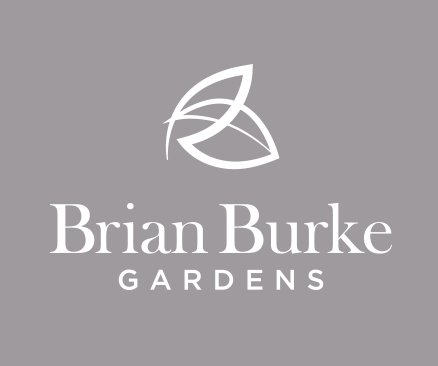Syria hasn’t gone away. It’s still there, being decimated piece by piece, its citizens (those who haven’t managed to flee) living in utterly desperate conditions. No infrastructure, no water, no food, minimal shelter, being pounded on an hourly basis by Russian bombers. The city of Aleppo has been reduced to a pile of smouldering rubble. Amongst those under siege within the city are of course children. So many children. Every so often an image surfaces which seems to catalyse global outrage for ten minutes and then back to normality we go, giving out about the boxing judges in Rio.

Social media, on paper is the greatest thing in human history. Until the humans got involved, started using it and quickly rendered it the worst thing in human history. All that self-promotion, self-aggrandisement, lifestyle staging, worthless video footage and photographs of bloody sunsets. Social media as we have all figured out by now is by and large a force for nothingness, one big yawn. Another way of killing time.
Twitter, far from being the forum for debate upon which it was premised is now exclusively the arena wherein people of like mind go to congratulate each other and those not ad idem go to issue threats and call each other rude names. There is no middle ground.
Into this abyss occasionally a little light does shine. And so it was this week when the story of the last garden centre in Aleppo landed in my lap. It told the story of Abu Ward, whose name means Father of the Flowers, and his thirteen-year-old son Ibrahim and their oasis of hope in the hellish setting of the besieged city.
Abu Ward, “my place here is worth billions of dollars. I own the world. We ordinary people own the whole world. The sound of war is like Beethoven’s music. We have become accustomed to this music, without it we couldn’t manage. So we think of it as music now. This one was hit by shrapnel from a barrel bomb (pointing at a damaged fig tree), but is still alive thanks to God. This tree will live and we will live, despite everything.”
Some buy flowers to plant on roundabouts, said one man “for us making roundabouts beautiful gives meaning to life. It motivates people. So we don’t only see destruction but also construction. We continue to live and rebuild that which has been destroyed”
Sadly, this beacon of hope, like much in Aleppo, was not to last. Six weeks after the film was made a bomb dropped near the garden killing Abu Ward instantly. The garden, an expression of hope for so many, is now closed. Ibrahim, who spent every minute of every day with his father, faces an even more frightening and more uncertain future without him.
Abu Ward, “flowers help the world and there is no greater beauty than flowers. Those who see flowers enjoy the beauty of the world created by God. And when you smell them they nourish the heart and the soul. The essence of the world is a flower. “
We cannot imagine the obscene and brutal violence being perpetrated upon these defenceless people. We cannot imagine the strength, resilience and courage it takes to continue living in such circumstances. All we can do is look on in awe at a man like Abu Ward who despite the unspeakable evil which has been visited upon him, his family and his homeland expresses only hope, not despair for the future.
The population in this part of Aleppo has fallen from one million to 250 000. During the five years of conflict Abu’s garden provided comfort to those still in the city. And now it’s gone.
But Aleppo is still there. Syria is still there.
And Assad and Putin are still there. Dropping their bombs on children.

Leave a Reply